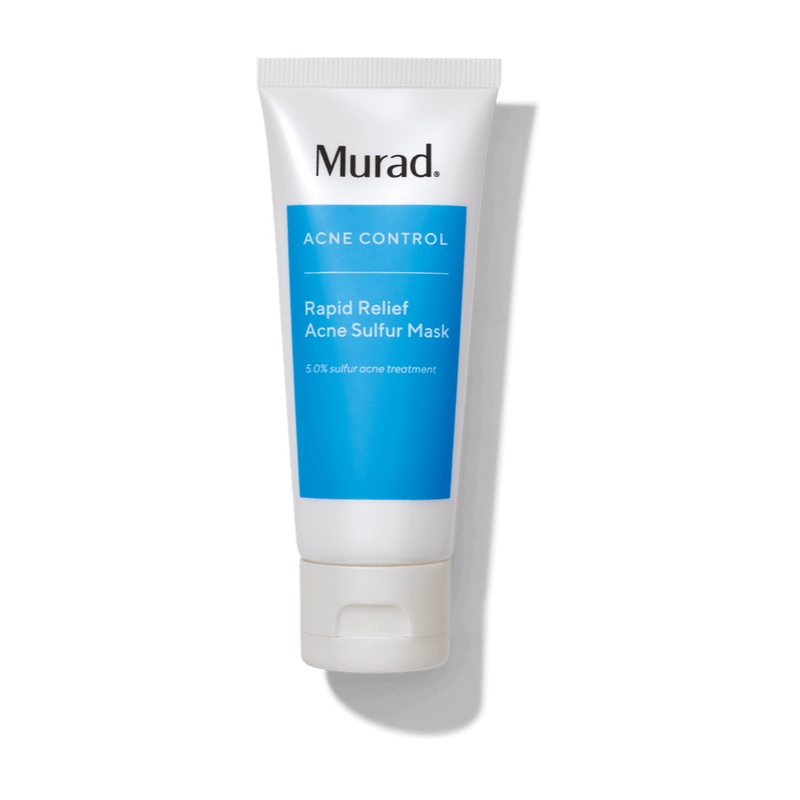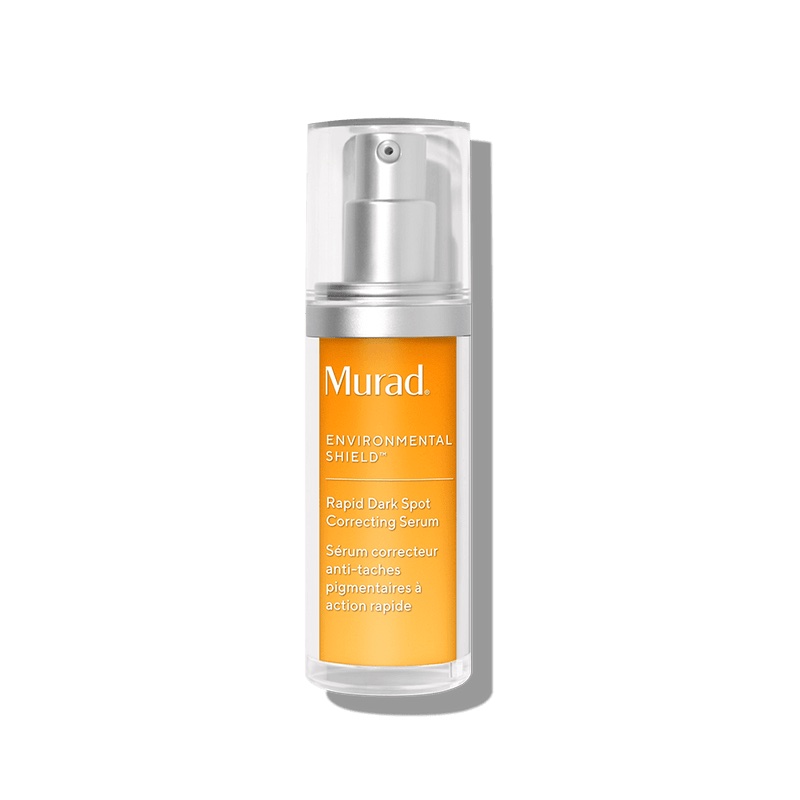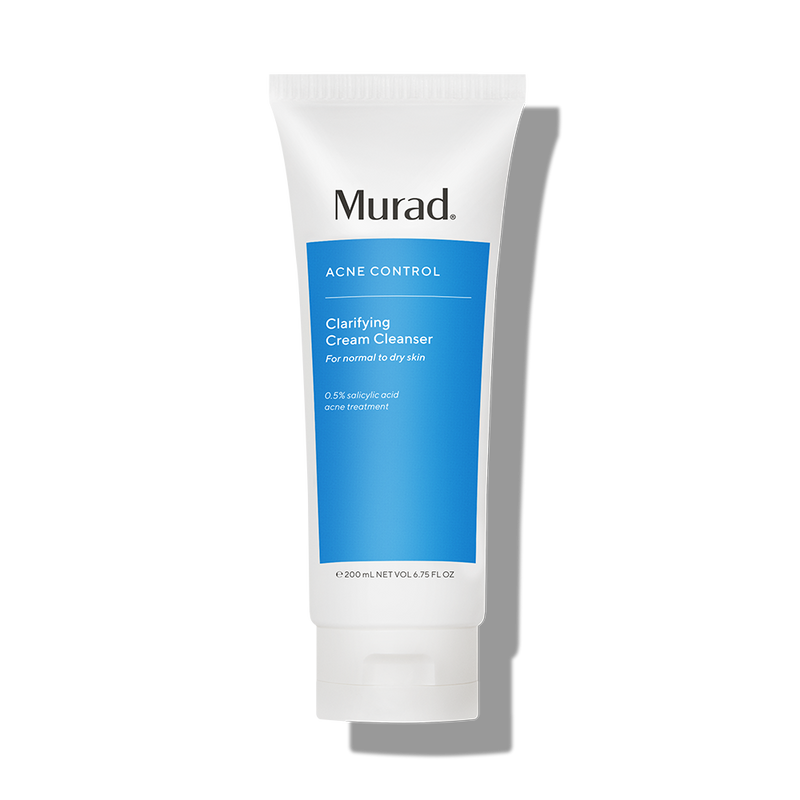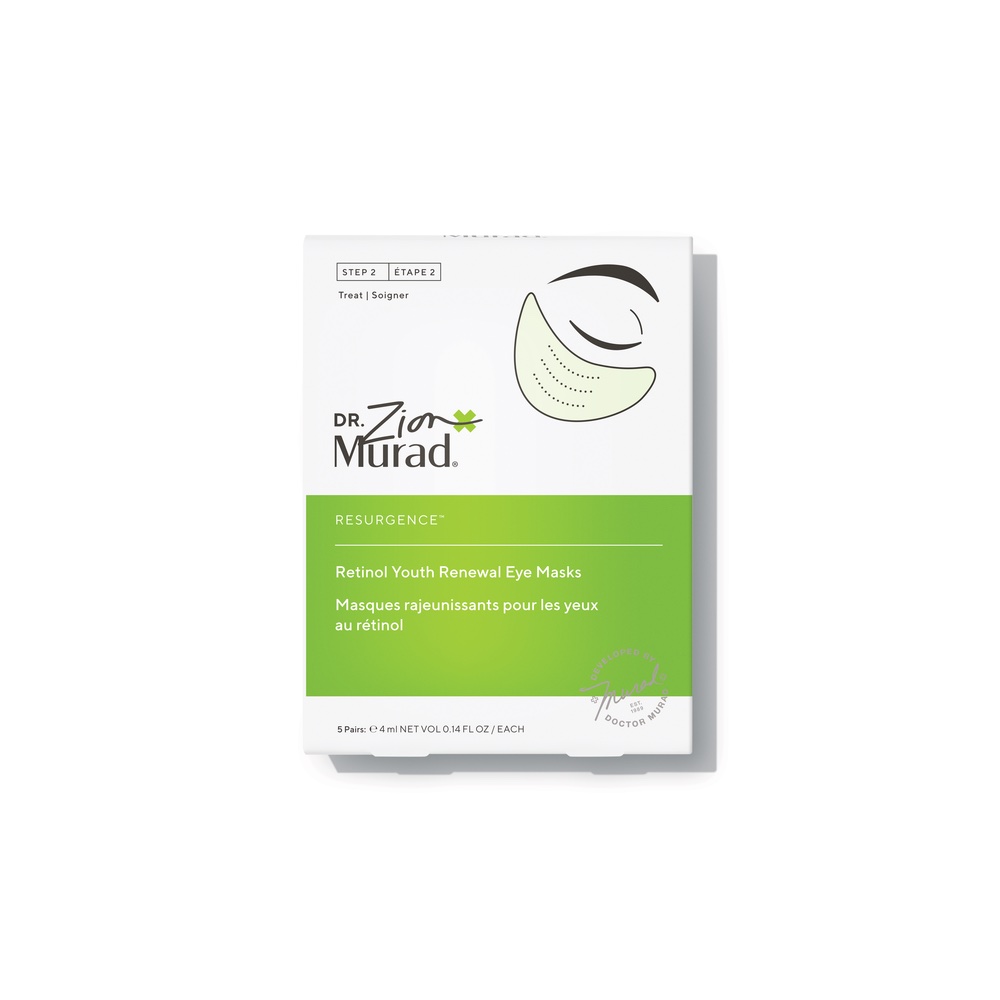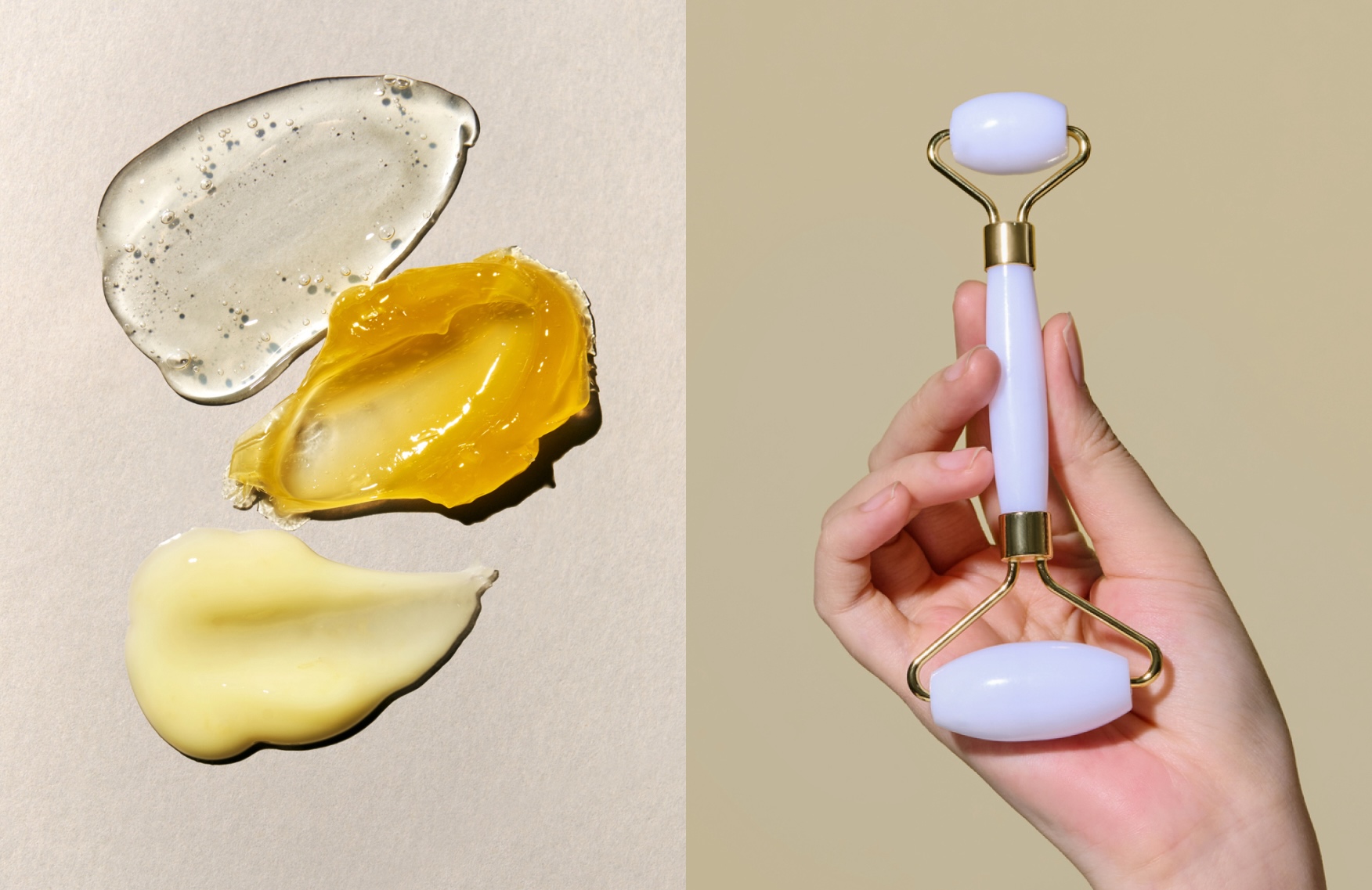Selfcare, meet skincare: Everything you need to know about the almighty face mask
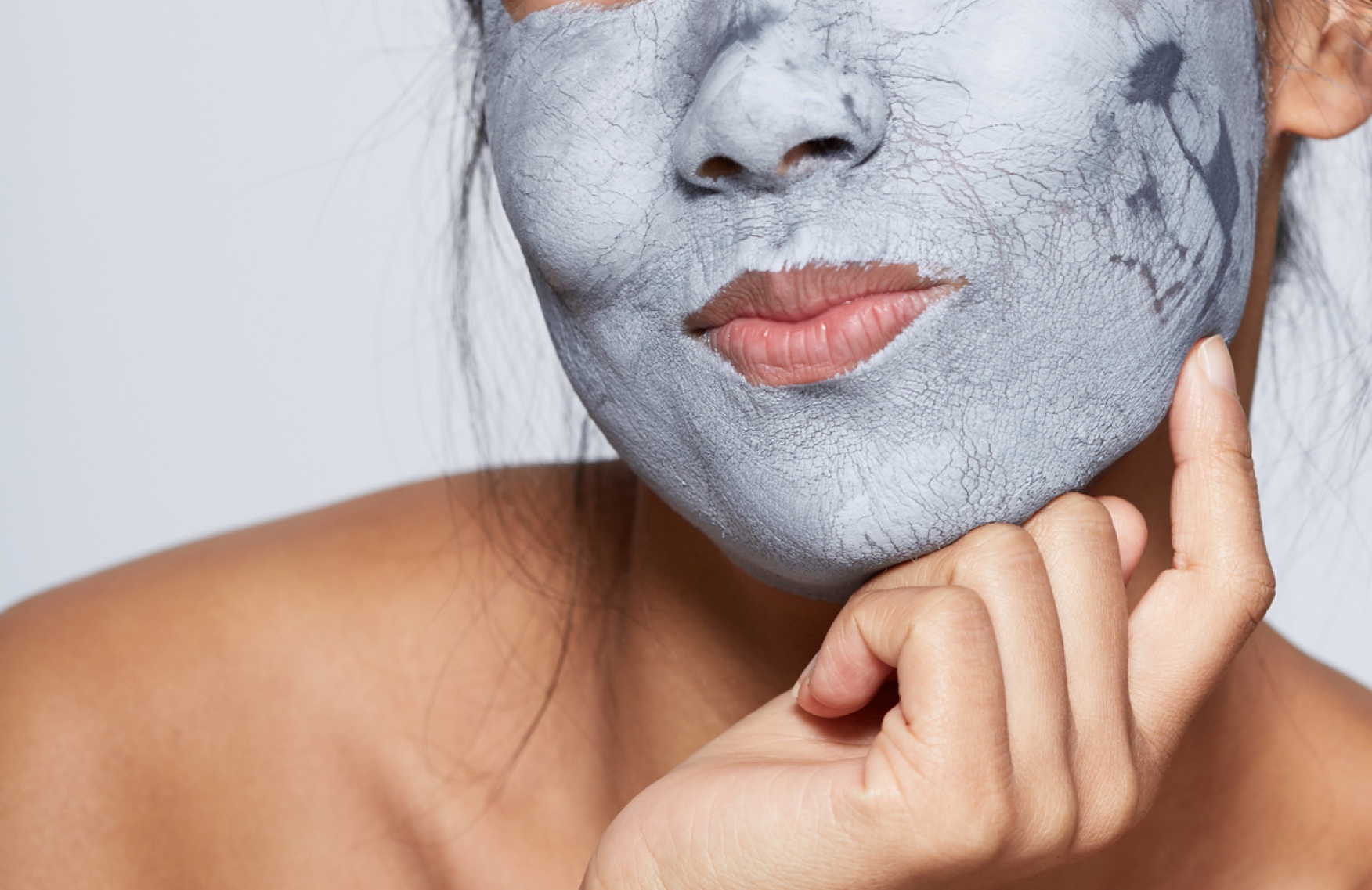
From softening the appearance of fine lines and wrinkles to enhancing hydration, face masks equipped with potent, effective ingredients may have the power to rejuvenate, firm up and brighten your complexion.
The question isn’t so much, should I add a face mask to my skincare routine, but how often should I use a face mask? The general consensus is that you should apply a face mask one to three times a week, depending on the strength of the ingredients your face mask features and your skincare goals.
Read on as we explore how often you should do a face mask—and when—in greater depth.
What is the best time to use a face mask?
The answer rests in what you hope to accomplish by using a face mask in the first place:
- Apply in the morning to shield and hydrate: If your primary goal is to protect your skin from oxidative stress—an all-too-common process that may result in clogged pores, an ashen complexion, and decreased elasticity—aim to use a face mask as you’re prepping your morning coffee. The blast of hyper-concentrated ingredients you feed your skin in the morning may quench your complexion and provide it with the nourishment it needs to ward off damage well into the evening
- Apply at night to heal and restore: Sufficient, sound sleep is at the core of a glowing complexion—while you rest, your skin performs the lion’s share of its repairs. Overnight masks or sleeping masks geared toward revitalizing your skin (such as those that contain retinoids) are best applied at night, particularly since some face mask ingredients can render your skin more vulnerable to the damaging effects of the sun
Can I use a face mask every day?
This is entirely contingent upon the face mask ingredients—and the concentrations—that are featured in your product.
You should ALWAYS check the usage directions on your mask for application frequency. In addition. With that said, your skin may be able to tolerate gentle face masks that improve hydration. Exfoliating masks and kaolin clay masks, however, should be applied with less frequency—or no more than once a week at most. If used too often, they may aggravate your skin and lead to:
- Swelling
- Irritation
- Redness
- Over-drying
If your skin seems more buoyant after using gel-based masks on a daily basis, by all means, weave them into your morning or evening routine. But if you’re showing signs of irritation, like peeling and flakiness, apply less often.
Debunking face mask myths
As popular as face masks have become, they’re still shrouded in a touch of uncertainty for many. Consider, then, these facts about face masks vs the fiction that surrounds them as you decide for yourself how often should you do a face mask.
Myth: Face masks are only for skincare emergencies
If you’re wondering how to get rid of a zit fast, a face mask can help, but they’re not just for emergencies. True, the right face mask for your skin type and skincare goals can give your skin the boost it needs to find balance and retain moisture after it’s suffered from stressors. But face masks brimming with powerful ingredients like hyaluronic acid, sulfur and vitamin C can also work preventatively to:
- Delay hydration loss
- Promote collagen production to stave off fine lines and wrinkles
- Reduce acne breakouts
- Improve hyperpigmentation
Myth: You shouldn’t use a clay mask too often with dry skin
It’s understandable where this myth comes from: Clay is praised for its capacity to draw out impurities, soak up excess sebum and stave off acne, while being notorious for over-drying your skin, triggering moisture loss that (in a fit of irony) can trigger more sebum production.
That said, because clay masks can be drying, it’s best to keep them on for no more than fifteen minutes and limit your use of them to three times per week. Another must? Look for kaolin clay masks paired with super-hydrators like hydrating peat extract that let clay do it’s detoxifying work while infusing skin with hydration.
Myth: Face masks are a passing trend
Blame or thank the pandemic for the surge in face masks—skincare facial masks, that is (although the other kind too)—but face masks have a long and storied history. The practice dates back to Ancient Egypt when women applied milk and honey masks to:
- Cleanse and exfoliate
- Enrich hydration
- Heal skin imperfections
In the centuries since, especially in the last 100 years, face masks have become increasingly sophisticated. Today, the global market is expected to hit the $11.2 billion mark by 2032—if ever there’s an indication of face masks’ enduring popularity.
References for this information:
Penn Medicine Website, Health and Wellness
Healthline Website, Skincare
Dermatologic Therapy, 2021, volume 34, issue 2
The Journal of Clinical and Aesthetic Dermatology, 2019, volume 12, issue 9, pages 42-45
Advances in Dermatology and Allergology, 2019, volume 36, issue 4, pages 392-397
Healthline Website, Health, Retinol
Healthline Website, Health, Beauty and Skincare
Cleveland Clinic, Health Library
WebMD Website, Blogs, Healthy Skin
INB Medical Website, The Evolving Role of Skincare
FactMR Website, Beauty Facial Mask Market
